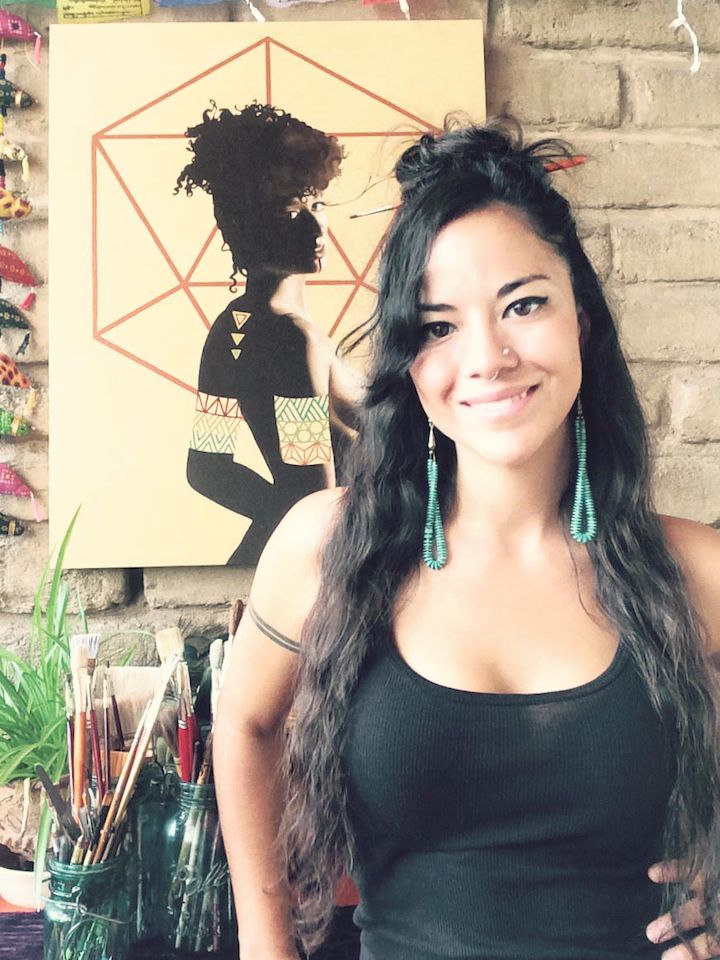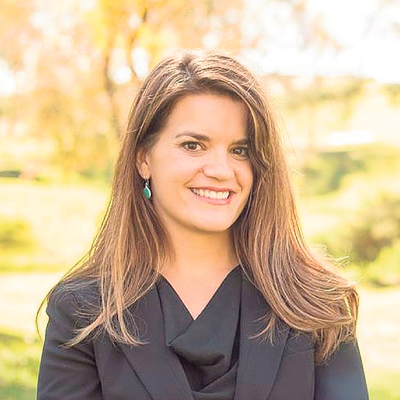Wonder Women: Maggie Toulouse Oliver And Jodie Herrera


Maggie Toulouse Oliver
Latest Article|September 3, 2020|Free
::Making Grown Men Cry Since 1992


Maggie Toulouse Oliver
